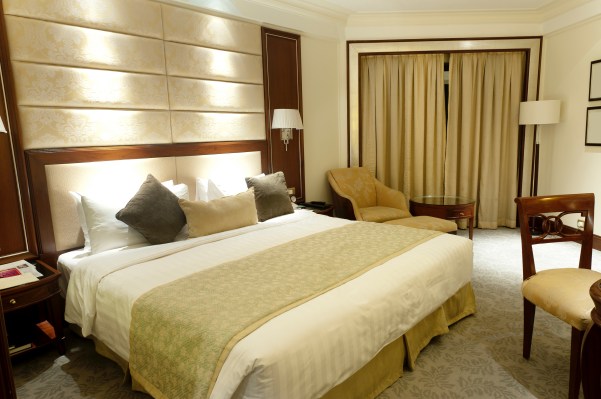India’s HomeLane raises $30M to expand its online furniture and design platform - 3 minutes read
 India’s HomeLane raises $30M to expand its one-stop shop for interior design – TechCrunch
India’s HomeLane raises $30M to expand its one-stop shop for interior design – TechCrunchHomeLane, a Bangalore-based startup that helps people manage home renovations and interior design, today announced it has raised $30 million in a new financing round as it looks to expand its proprietary technology.
The financing round, dubbed Series D, was led by Evolvence India Fund (EIF), Pidilite Group and FJ Labs. Existing investors Accel Partners, Sequoia Capital and JSW Ventures also participated in the round, which pushes the five-year-old startup’s all-time raise to $46 million.
HomeLane helps property owners furnish and install fixtures in their new apartments and houses. Interior designers need to be local to customers and supply chain partners need to have the capacity to ship to a location. So HomeLane has established 16 experience centers in seven Indian cities so consumers can touch and see materials and furniture.
The startup plans to use the fresh capital to broaden its technology infrastructure and expand to eight to 10 additional cities.
HomeLane competes with other online furniture sellers such as Livspace and Urban Ladder, as well as brick-and-mortar stores. Founders Rama Harinath and Srikanth Iyer say their startup differentiates by offering a one-stop shop — it sells everything from fitted kitchens and wardrobes to entertainment units and shoe racks — and by providing guaranteed on-time delivery and after-sale services to help homeowners finish projects.
The site allows property owners to upload floor plans, which are reviewed by interior designers who provide product suggestions, price quotes and 3D pictures of how furnishings and fixtures will look after they are installed. The startup, which has worked with more than 900 design experts to deliver over 6,000 projects, pays to the designers a fraction of the money it charges customers.
Iyer, who serves as the chief executive of HomeLane, claimed that the startup is inching closer to being EBIDTA profitable (which does not include taxes and a range of other expenses). That would be a notable turnaround for HomeLane, which reported a net loss of $4.1 million on revenue of $5.6 million in the financial year that ended in March 2018.
Prashanth Prakash, a partner at Accel India, said, “We are very happy with HomeLane’s current growth trajectory and are believers in the long-term growth prospects of the home improvement consumer segment in India.”
Source: TechCrunch
Powered by NewsAPI.org
Keywords:
India • Interior design • TechCrunch • Bangalore • Interior design • Venture round • European Investment Fund • Pidilite Industries • Accel Partners • Sequoia Capital • Apartment • Interior design • Customer • Supply chain • Partnership • Consumer • Materials science • Furniture • Startup company • Capital (economics) • Technology • Infrastructure • Educational technology • Furniture • Supply and demand • Brick and mortar • Entrepreneurship • Startup company • Property • Interior design • Product (business) • Price • Three-dimensional space • Image • Furniture • Startup company • Money • Customer • Chief executive officer • Startup company • Earnings before interest, taxes, depreciation, and amortization • Profit (accounting) • Tax • Expense • Aircraft ground handling • Net income • Revenue • Fiscal year • India • Home improvement • India •